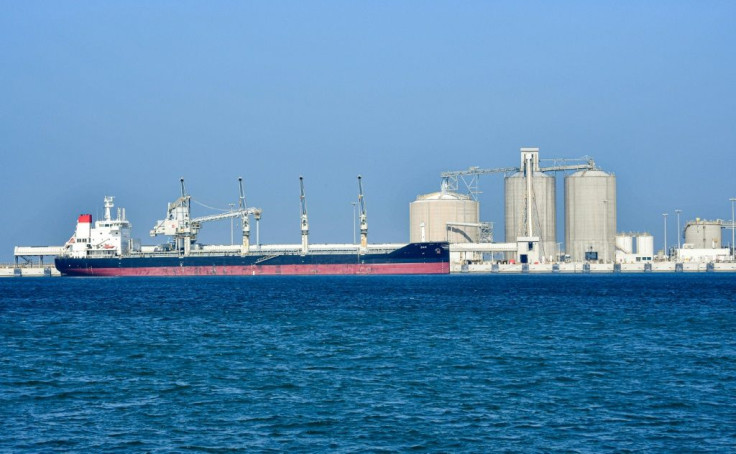Coronavirus Economic Impact: World Could Run Out Of Storage Space As Oil Demand Plummets

KEY POINTS
- Oil prices are hovering at $20 a barrel and experts predict it could drop to $10 for the first time since 1997
- With the expiration of production limits and Saudi Arabia's pledge to pump at capacity, the available of crude is far exceeding demand
- The U.S. shale oil industry is being badly bruised by the Saudi-Russian price war since it needs $40 a barrel to break even
As the coronavirus pandemic slashes demand for oil and OPEC’s last agreement on production limits expires, IHS Markit predicted Wednesday the world will run out of space to store to store crude, affecting markets for years to come.
Crude prices currently are hovering around $20 a barrel amid a price war between Saudi Arabia and Russia, which are pumping at capacity in rivalry over market share and hopes of undermining the U.S. shale oil industry.
At its early March meeting, the Organization of Petroleum Exporting Countries failed to convince Russia to cut production, setting up a production and price conflict with the Saudis. The group doesn’t meet again until June.
Saudi Arabia and Russia have been flooding the market with oil. The Saudis planned to boost production to a record 12.3 million barrels a day, up from 9.7 million barrels. Bloomberg, quoting sources, reported Russia is walking back plans to raise production by as much as 500,000 barrels a day. Iraq, OPEC’s second biggest oil producer, reportedly planned to boost its production by 200,000 barrels a day to 4.8 million.
“If there is no international agreement to curtail oil production then brutal unadulterated market forces will bring the oil market into balance. The laws of supply and demand are fierce in extreme conditions,” Jim Burkhard, vice president and head of oil markets for IHS Markit, said in a press release.
Demand for oil in the second quarter is expected to fall 16.4 million barrels a day below last year’s level, with April expected to plummet by 20 million barrels a day. Industry consultant FGE predicts U.S. gasoline consumption will fall by half compared to last year while Energy Aspects Ltd. predicted a possible price fall to $10 a barrel for Brent crude, a price not seen since 1997.
“The oil surplus -- the amount of production in excess of demand -- will soon fill storage tanks around the world. … The supply surplus cannot exceed the practical upper limit of 1.2 billion barrels of global crude oil storage capacity that was available as of early first quarter 2020. Storage limitations point to a forced 10 [million barrels a day] cut in world oil production,” IHS Markit said.
The data analysis firm expects Saudi Arabia and Russia to take a leading role in rebalancing the market after the coronavirus pandemic eases.
“Saudi Arabia and Russia are better positioned in a low-price environment to maintain or even increase production over the next two years compared to the United States. Their systems depend on conventional production, which has much lower decline rates compared to U.S. tight oil. A decline in upstream investment will impact short-term production capacity to a much lesser degree than in the United States,” IHS Markit Executive Director Bhushan Bahree said.
That may reverse, however, once the market normalizes. The U.S. shale industry, which needs $40 a barrel to break even, has been badly bruised by the price war but stands to be in the best position to amp up production once the industry recovers, especially if the current spat damages future production capacity, Goldman Sachs predicted.
President Trump said Tuesday the U.S. would meet with Saudi Arabia and Russia to try to stem the price plunge. He said he’s already raised the issue with both countries and the Saudis and Russians would meet for the first time since last month’s blowup.
“The two countries are discussing it. And I am joining at the appropriate time, if need be,” Trump told reporters at the White House.
A Bloomberg Intelligence survey indicated Brent could remain below $30 through May, and a near-term recovery was unlikely.
© Copyright IBTimes 2024. All rights reserved.




















